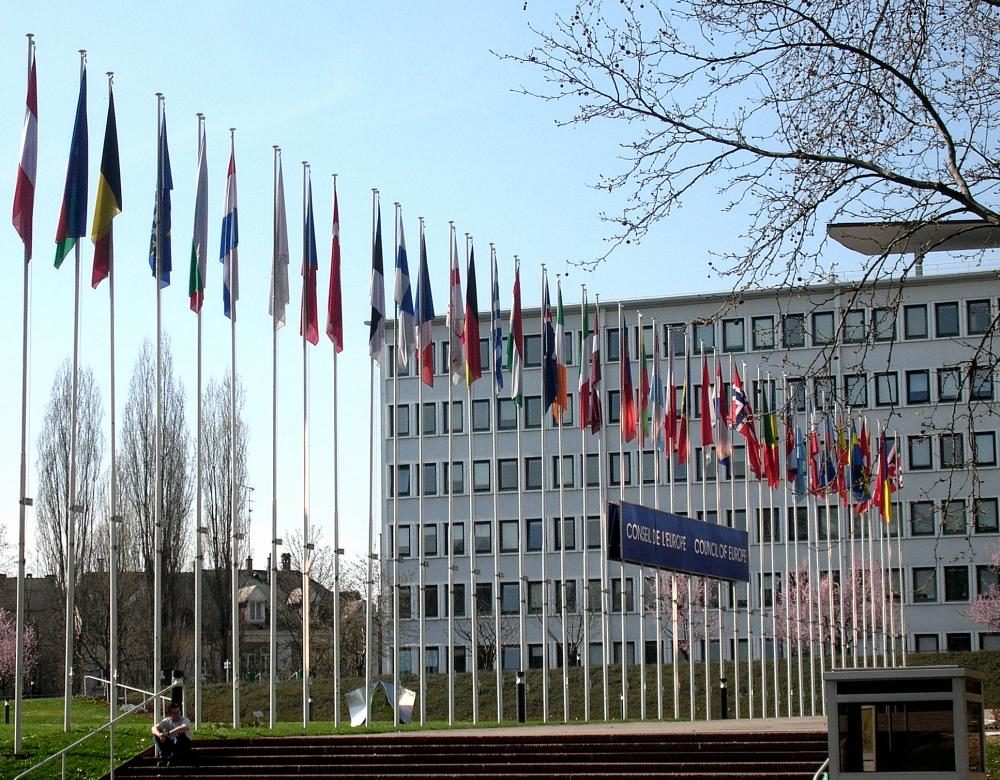 Photo Courtesy of Nathan Guy on Flickr
Photo Courtesy of Nathan Guy on Flickr
The Limits of “Feel-Good” Measures to Deter Russian Aggression
This week’s move to restore Russia’s voting rights in the Council of Europe is the most recent evidence showing the weakness of the international response and U.S.-led sanctions regime to deter Russian aggression. A close analysis reveals that these “feel-good” measures are doing little to reverse Russian policy.
Economic Efforts
The U.S. and its allies have attempted to use a carrot and stick approach to alter Russian behavior, but the U.S. strategy has, so far, relied disproportionately on the “stick” option. While European partners have pushed for diplomatic negotiations, the U.S. has consistently attempted to use punitive sanctions. This strategy of economic punishment has been invoked in response to a variety of Russian actions, beginning in 2014 after the annexation of Crimea and the War in Donbass. In 2016, sanctions were expanded in response to election interference. As past ASP analyses have discussed, these moves to punish Russia economically have had minimal impact, partly due to its expanding energy market.
The Russian economy’s immunity from the impact of sanctions is evident in data showing that international reserves have grown since 2015, while unemployment and inflation have dropped. These specific metrics mean that the economy is, and will likely remain, stable.
The Council of Europe
Established in 1949, the Council of Europe is an organization embodying a faith in cooperative internationalism. As the most developed regional human rights regime worldwide, its foundation rests on a belief in the necessity of cooperation amongst nations to promote shared values.
In 2014, the Parliamentary Assembly of the Council of Europe (PACE) acted to withdraw Russia’s voting rights in the delegation. Russia was allowed to remain a non-voting member. The ban was in response to Russian annexation of Crimea and military occupation of Ukrainian territory, actions which represent infractions against the Council’s purported mission. Promotion of human rights, democratic norms, and the rule of law all came under attack by Russia’s aggression in Crime and Ukraine.
The punishment did little to stymie Russian hostility, and the Council’s conciliatory measures in the five years since the ban show its inability to exert effective pressure. In June 2017, Russia suspended payments to the Council—$29 million annually—in protest of the voting ban, which official Kremlin statements called “a rampant campaign… to persecute” Russia and its allies. Most recently, Russia increased pressure on PACE, issuing its intention to leave the Council altogether if voting-member status was not restored. It was this threat that led to the recent decision to reinstate the country’s voting rights. The success of the Kremlin’s ultimatum shows how the international community weighs the consequences of losing Russian membership as greater than the risks of failing to stick to a sanctioning regime.
Yet many nations have defended the decision to restore Russia’s PACE voting rights despite its international transgressions, arguing that Russian non-membership would have harmful consequences for the international human rights regime. In the past, the Council of Europe has been the “last resort” of Russian citizens who have turned to the organization seeking justice for crimes committed by their government, and that membership furthers the spread of human rights-centered justice worldwide. Therefore, the Council is in the precarious situation of choosing between two contradictory ways of upholding its values: either taking a firm stance on Russian aggression by denying voting rights or reinstating Russia in an attempt to maintain influence in the country.
The fact that the Council of Europe chose the latter option reveals a key weakness in the carrot and stick logic applied to deterring future Russian aggression. The Kremlin made it clear that the lifting of the voting ban did nothing to alter its position on Crimea. Presidential spokesman Dmitry Peskov commented, “It is hardly possible to say that the prevailing point of view has changed… in this particular case we are determined to stay patient and to systematically explain the Crimean issue until our foreign partners change their mind.”
Lessons to Be Learned
The Council of Europe’s decision to grant Russia voting rights, despite continued presence in Crimea and Ukraine, shows how the tactic of sanctioning holds little promise to effectively alter an aggressive state’s actions. Russia’s grip on the energy market is so strong that sanctions-induced economic shocks have little long-term impact.
Furthermore, the logic of punishment to deter future bad behavior is fragile when organizations like the Council are forced to contend with Russia’s strong position on the global stage. The U.S. should focus on more direct routes to countering Russian regional aggression—such as military aid and those that offer a coordinated international immediate response to bad actions—instead of insisting on propping up a sanctions regime that continues to flounder.






